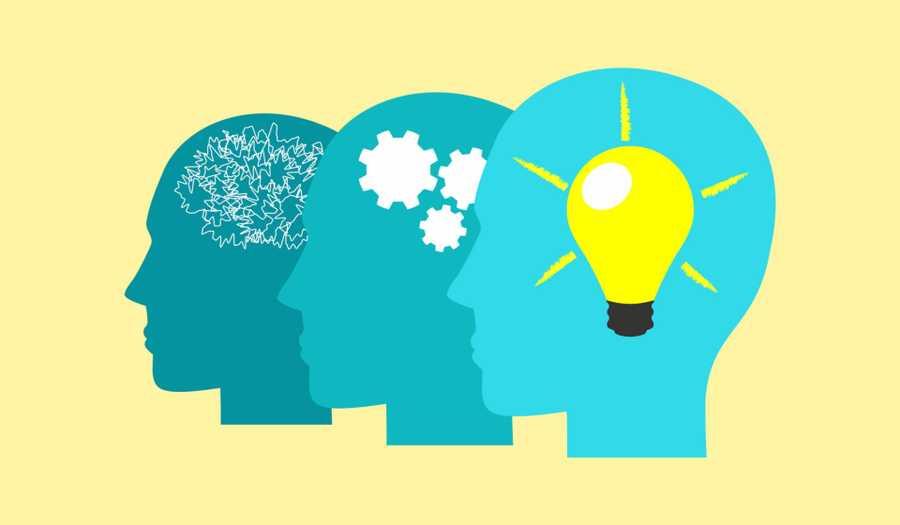Teaching Others
Continuously quizzing yourself, something called ‘retrieval practice’ jogs the memory and builds stronger traces. The harder the retrieval is, the stronger the memory formation.
Teaching others is an excellent way to gain in-depth knowledge of a subject.
868
4.53K reads
CURATED FROM
IDEAS CURATED BY
The idea is part of this collection:
Learn more about health with this collection
How to apply new knowledge in everyday life
Why continuous learning is important
How to find and evaluate sources of knowledge
Related collections
Similar ideas to Teaching Others
Teaching what you know
Research shows that we retain approximately 90% of what we learn when we explain it to someone else or use the new information immediately.
Sharing with others what you've learned is one of the most effective ways to learn, and it also tests your knowledge, by assessing yo...
The 50/50 rule for remembering what you learn
Devote 50% of your time to learning something new and the rest of your time to teaching and sharing what you have learned with others.
Studies shows that explaining something to someone else is the best way to learn it yourself.
Getting to a deeper understanding of a subject
- Understanding the basics. This is a key element of effective thinking. Understanding a simple idea deeply builds a solid foundation for complex ideas.
- Build your foundation. Be honest with what you really know by using the Feynman Technique (by tea...
Read & Learn
20x Faster
without
deepstash
with
deepstash
with
deepstash
Personalized microlearning
—
100+ Learning Journeys
—
Access to 200,000+ ideas
—
Access to the mobile app
—
Unlimited idea saving
—
—
Unlimited history
—
—
Unlimited listening to ideas
—
—
Downloading & offline access
—
—
Supercharge your mind with one idea per day
Enter your email and spend 1 minute every day to learn something new.
I agree to receive email updates

